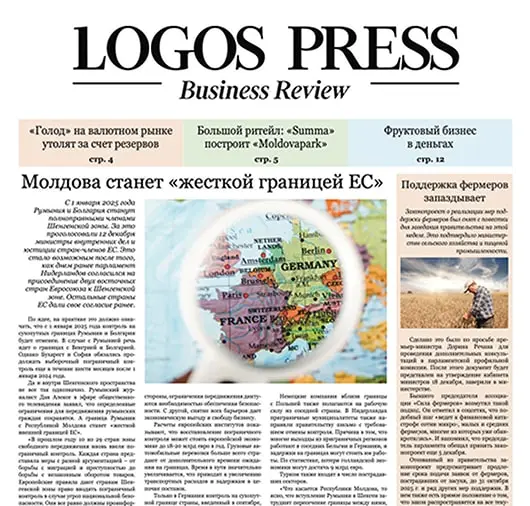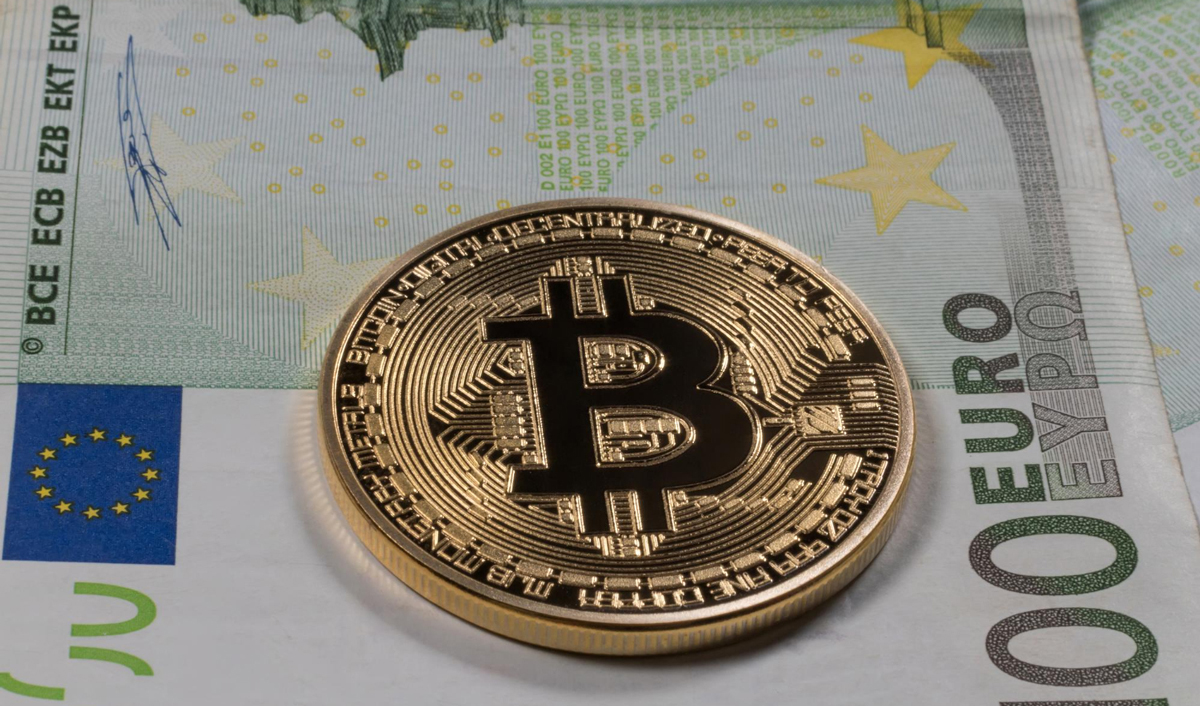Send us a message, and we will definitely consider your suggestions and comments.
Category: Point of View
Against the backdrop of slowing economic growth, a lack of long-term capital and intense competition for investment between countries in the region, Moldova clearly needs new sources of capital inflows into the real economy. One potentially effective instrument is the investment residence permit.

In normal urban and state planning, administrative reform is a tool, not a goal, and without taking into account this fundamental principle, Moldova will get an “optimized desert” instead of an administrative-territorial reform, Logos Press reported.

Moldovan President Maia Sandu’s statement about her readiness to vote for Moldova’s accession to Romania has caused a flurry of comments. Including from experts who tried to assess the prospects of “uniri” from the economic point of view, in addition to the obvious political barriers.

Dear Mr. Prime Minister!
I decided to address you publicly based on the situation in the real estate market. More precisely, the need to develop new approaches to ensure the widest possible access of the population to quality housing.

When talking about Venezuela, everything is reduced to the slogan: “The U.S. came for oil”. This is convenient, but fundamentally wrong. Venezuela is not a “banana republic” that you can carry under your arm. Yes, it has colossal reserves (about 303 billion barrels), but due to years of devastation, the country produces only 1% of the world’s oil.
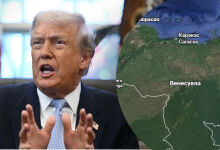
LP: – Mr. Minister, what is the share of culture in Moldova’s GDP and what…
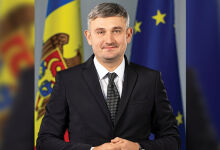
State participation in the financial and banking sector became a serious research topic for me back in 2008-2009, when the state owned a controlling stake in one of the largest banks in the country – “Banca de Economii”. And a decade later, in 2019, my colleagues and I in the Collective Action Party – Civic Congress included this complex problem, as an element of political-economic tools, in the party’s program documents and started a public discussion.

The United Nations estimates the total cost of Ukraine’s post-war recovery and reconstruction at $524 billion over the next decade. These figures are up to date as of the end of 2024, with the cost estimates increasing every year. New figures are expected by the end of this year.

Prime Minister Alexandru Munteanu’s visit to Brussels was memorable not only for the traditional statements about the unchanged course of European integration. The head of the cabinet also made some more remarkable remarks – in particular, he announced the discussion of a certain plan for Moldova’s reintegration.
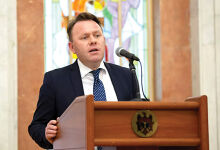
The Moldovan market of household appliances is entering a period of active changes: the conjuncture, retail and product policy are changing. What factors influence demand and how international players adapt to local requirements – in an exclusive Logos Press interview with Serghei Maximov, representative of BSH Bosch & Siemens Home Appliances on the Moldovan and Ukrainian market.

Interview with Ines Rocha, Director of the European Department of the International Finance Corporation (IFC), a member of the World Bank Group, to the INFOTAG agency.

“In 2025, growth is forecasted to be no more than 1%, which is almost stagnation. It was worse only in the 1990s, when the Soviet system collapsed”, the expert said, commenting on the results of the study “100 most acute socio-economic problems of Moldova in 2024”, Logos Press reports.

